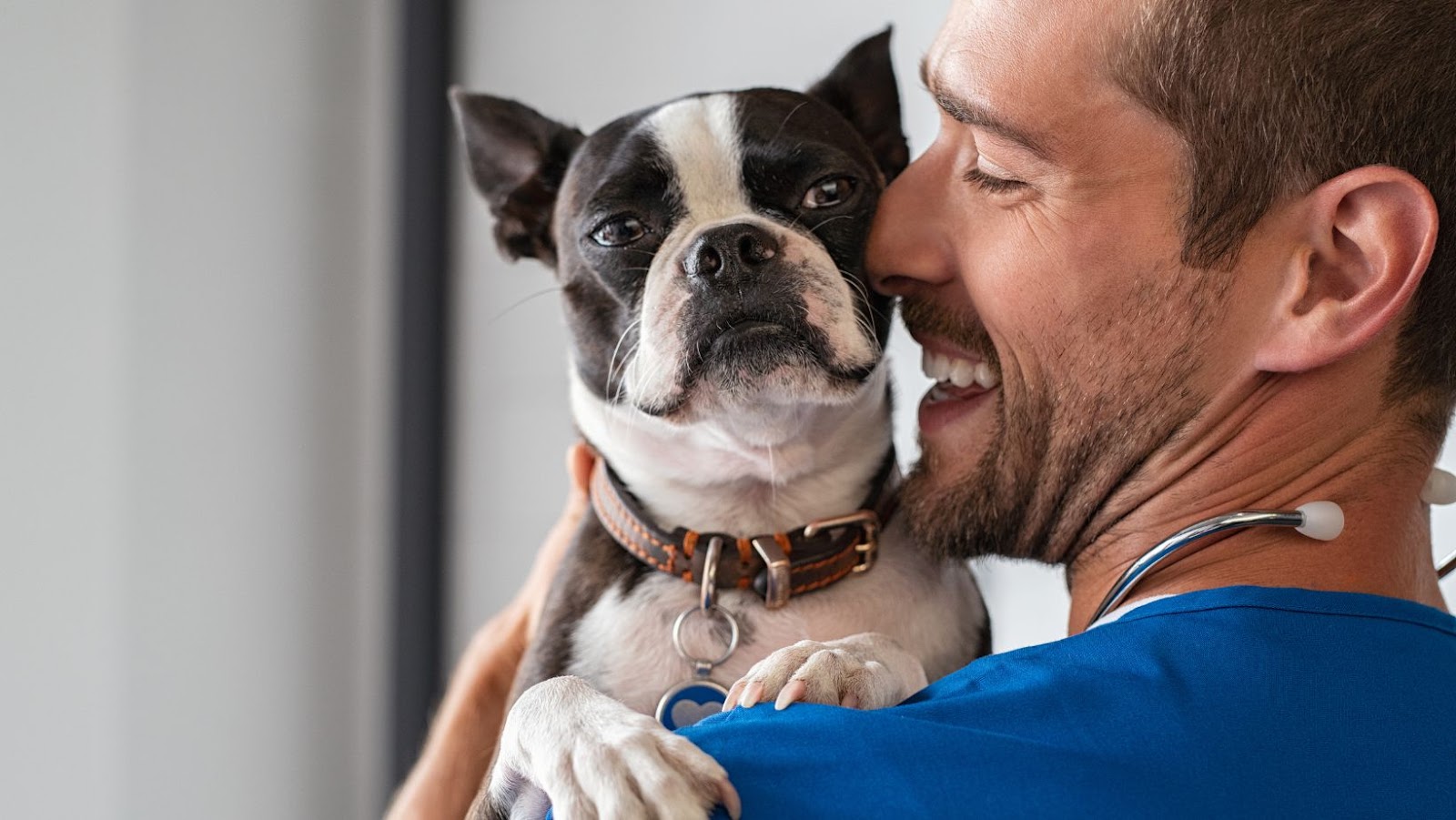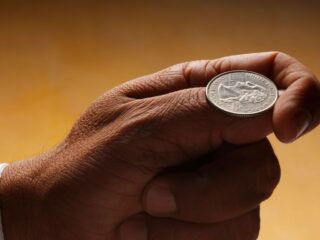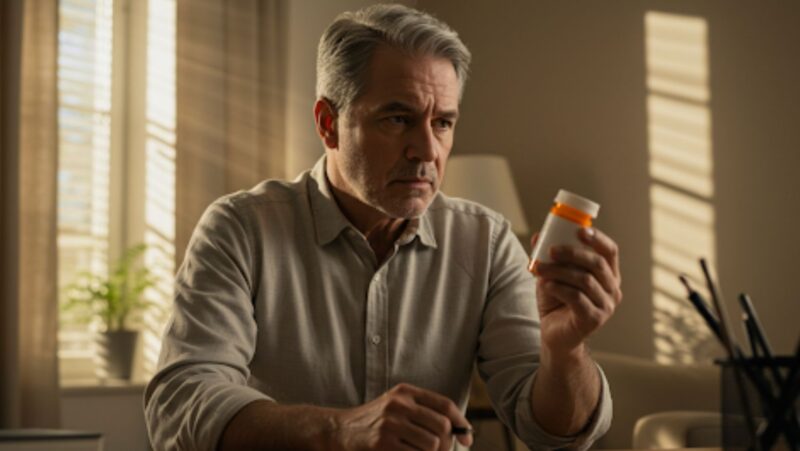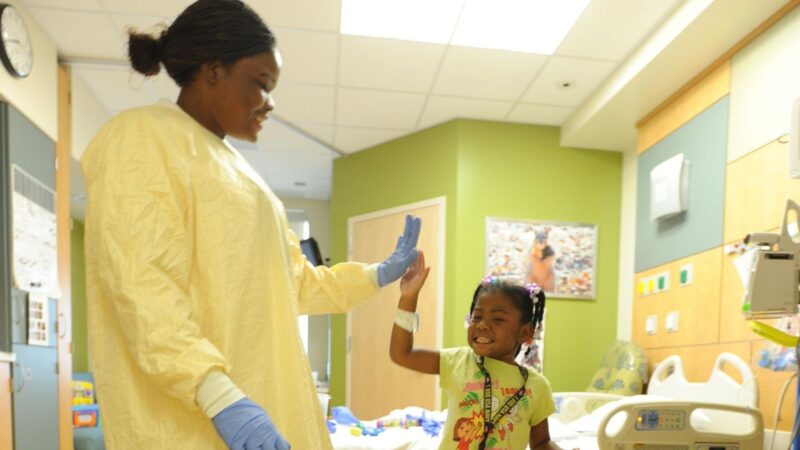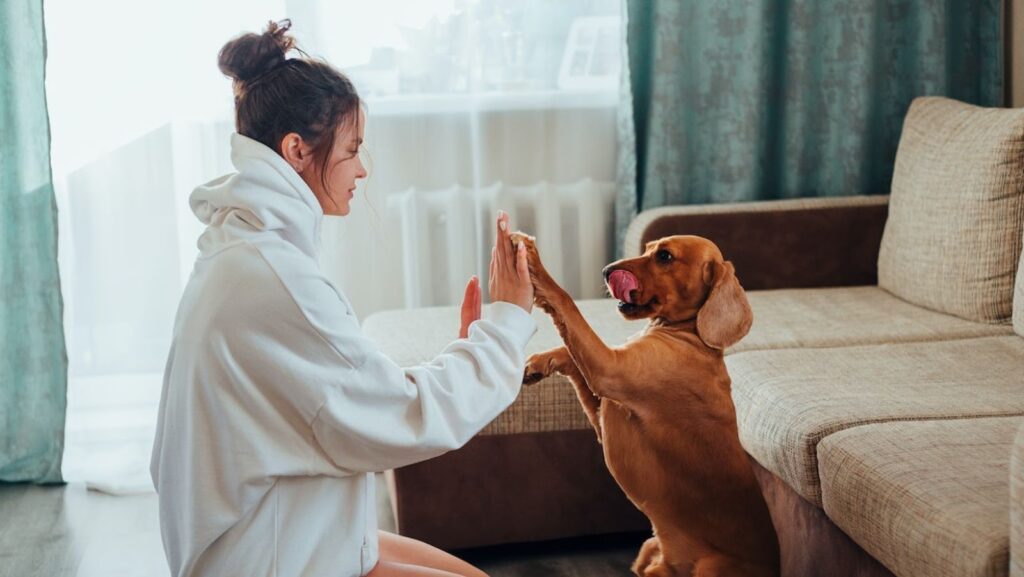
We all know that our pets are members of the family. We love them, care for them, and want nothing but the best for them.
But did you know that your pet’s health can also have a significant impact on your own health? In this blog post, we will explore the ways in which your pet’s health can affect your own and what you can do to ensure that both you and your furry friend are as healthy as possible.
From allergies to mental health benefits, read on to learn more about how taking care of your pet’s health can also help you stay healthy and happy.
What are The Effects of Owning a Pet on One’s Health?
There are numerous benefits to owning a pet, including increased opportunities for exercise, socialization, and overall mental and emotional well-being. Studies have shown that pet owners have lower blood pressure and longer lifespans than those who don’t own pets.
Did you know that for people staying in elderly homes or in hospice care facilities it is beneficial to interact with pets? You will often see therapy animals being their company, lifting their spirits and health. There is also a robot therapy animal called Paro which is modelled as a baby seal and reacts to touch. It is created to help patients with severe Dementia, Alzheimer’s and with other complex cognitive disorders. So the conclusion is that pets can help prevent these as well.
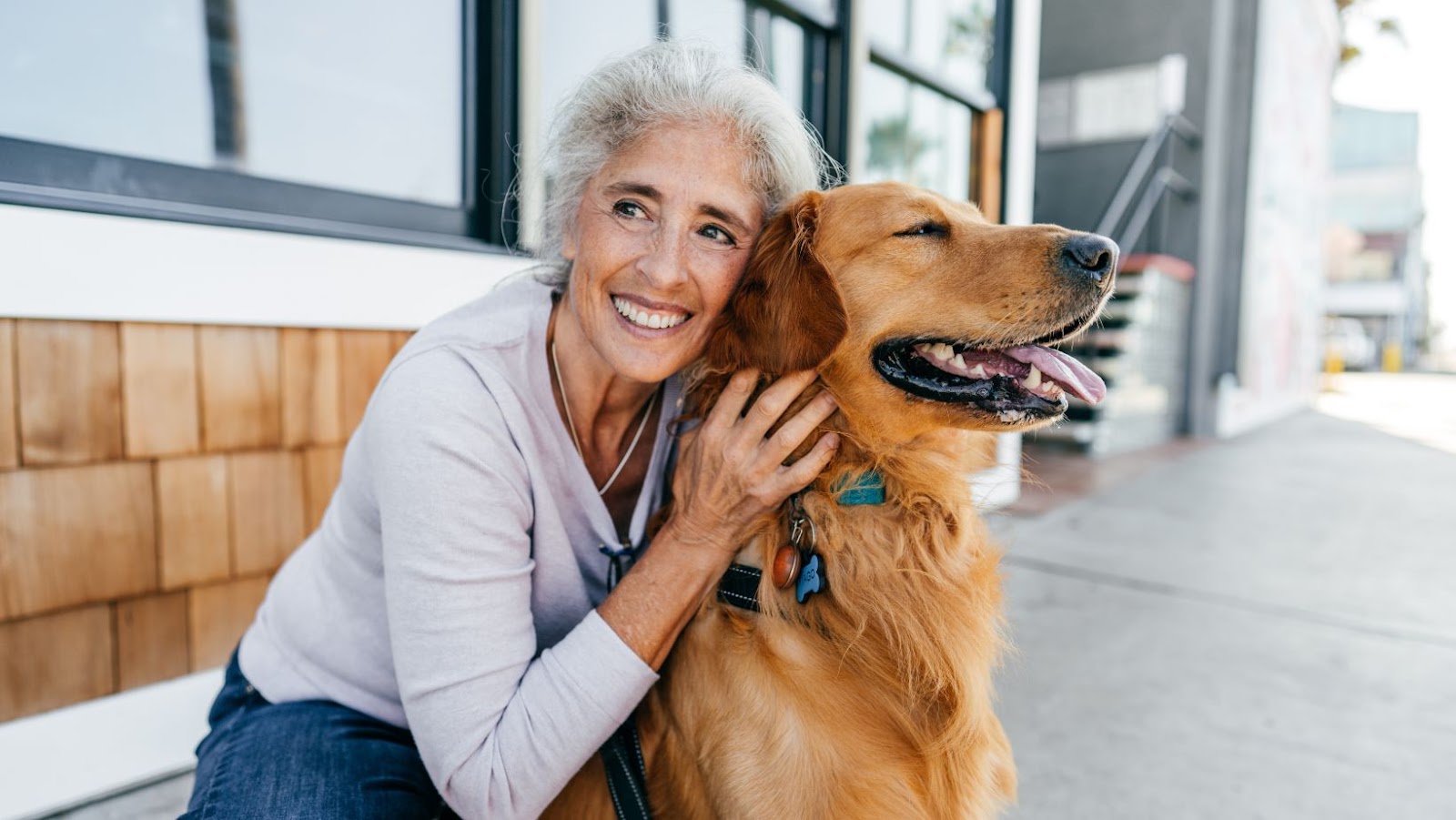
In addition to the physical health benefits of owning a pet, there are also mental and emotional health benefits. Pet ownership has been shown to reduce stress levels, ease anxiety, and improve moods. It also improves empathy. They are little furballs full of love and gratitude and they will give you everything they have. Pets can provide companionship and unconditional love, which can be beneficial for those who live alone or suffer from loneliness.
What are The 3 Characteristics of Being a Responsible Pet Owner?
They will provide you with unconditional love. But it is a two-way relationship so you need to be responsible toward them and make sure that they live a long and happy life. Responsible pet owners won’t leave them if they move to another apartment or to a different state. They won’t abandon pets if a new family member arrives. And of course, if your beloved pet gets sick, you won’t leave their side.
Assuming you would like 3 characteristics of a responsible pet owner in general:
1. A responsible pet owner is someone who provides their animal with proper food, water, shelter, and veterinary care. Responsible pet owners will ensure that the personal hygiene level of the pet is at the highest levels possible. For example, taking care of your pet’s dental hygiene is no longer a luxury but a way to prevent serious health conditions. Make sure to get a dog toothbrush and paste that will fit their needs and age.
2. A responsible pet owner is someone who ensures their animal does not become a nuisance to others by keeping them well-trained and exercising them regularly.
3. A responsible pet owner is someone who plans for their animal’s future by having them spayed or neutered and microchipped.
What are The Benefits of Taking Care of An Animal at Home?
There are many benefits to taking care of an animal at home. First, it can help to reduce stress levels. Caring for a pet can provide a sense of purpose and routine, which can be helpful when dealing with anxiety or depression. Additionally, pets can offer companionship and unconditional love, which can boost mood and morale.
Second, taking care of a pet can promote physical activity and good physical health. Walking or playing with a pet encourages movement and helps to improve overall fitness levels. Furthermore, caring for an animal can help to lower blood pressure and cholesterol levels, as well as reduce the risk of developing obesity.
Last, but not least, looking after a pet can also have positive cognitive effects. Studies have shown that interacting with animals can improve memory function and delay the onset of dementia. Caring for a pet can also keep the mind active and engaged, providing stimulation and helping to ward off mental decline.

